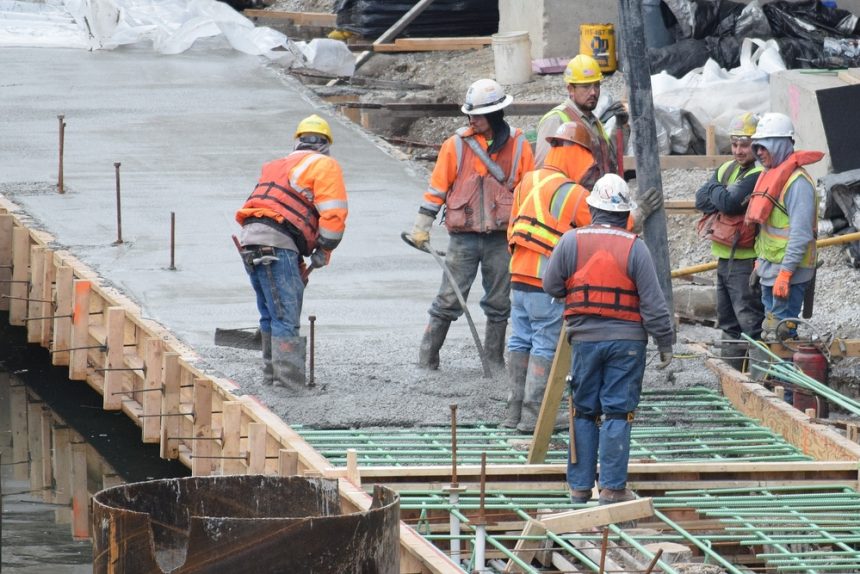After months of campaigning for freedom of choice, independent subcontractors (or subbies) have scored a win in the nation’s revised workplace laws.
This government’s Closing Loopholes Bill brought sweeping changes to the worksites across the country this week, including handing employees the right to disconnect after work hours, criminalisation wage theft and providing same job, and same pay provisions for labour hire.
But the most controversial of these changes since the Bill’s announcement back in September has been the push to turn independent contractors into ’employee-like’ workers entitled to benefits like back pay and minimum wage requirements.
While nice in theory, this new employee status sparked a heated campaign from peak construction bodies, with Master Builders CEO Denita Wawn at the tip of the spear claiming subbies would lose the right to choose their own working hours, the projects they work on, or negotiate their own fees and conditions as a result.
But after months of back-and-forth discussions, subbies have finally been handed the win in new amendments to the Closing Loopholes Bill No.2.
While the Bill still allows independent contractors to be treated as employees, subbies can now ‘opt-out’ of the provision altogether, continuing to operate freely as their own boss without the proposed constraints.
This is done either through the business notifying the contractor that they could be deemed an “employee”, with the contractor then having a set period to ‘opt out’, or by the contractor giving notice at any time giving notice that they want to ‘opt-out’.
According to Housing Industry Association (HIA) Managing Director Jocelyn Martin, the revision is a big win for the contractors and comes at a crucial time for the home building sector.
“With 80 per cent of the workforce in the sector based on independent contracting, HIA were intent on ensuring the Bill maintained a person’s right to work for themselves,” said Ms Martin.
“HIA raised concerns with the new definition of employment, specifically how that would impact independent contracting arrangements in the residential building industry. The measures as passed provide some comfort that the status quo for independent contractors can be maintained.”
The changes will not take effect immediately and will be phased in over the coming months.
The Bill still comes as a blow to industry
While the amendments are welcome news to job sites everywhere, experts say the changes to business-to-business arrangements and excessive increases in penalties still threaten small businesses and disincentivise employing more staff.
“Make no mistake, the Bill will hurt industry, undermine productivity and result in fewer job opportunities as well as higher costs that will potentially be passed on to consumers, said Innes Willox, Chief Executive of the national employer association Ai Group.
“Ultimately, it will be the hundreds of thousands of workers who rely on the labour hire sector for their livelihoods who now face the most uncertainty over the impact that these amendments will have.”
According to Ms Martin, the changes couldn’t come at a worse time for the struggling residential building industry as it begins to turn a corner after the numerous supply chain issues over the last four years.
“…now is not the time for further disruption via complex regulatory changes that simply add a layer of uncertainty and risk,” she said.
“HIA stands by the government’s commitment to build 1.2 million homes over the next five years, but we need a flexible and buoyant housing industry coupled with policy settings that make employment attractive.
“Complex and cumbersome change will only serve to do the opposite.”







